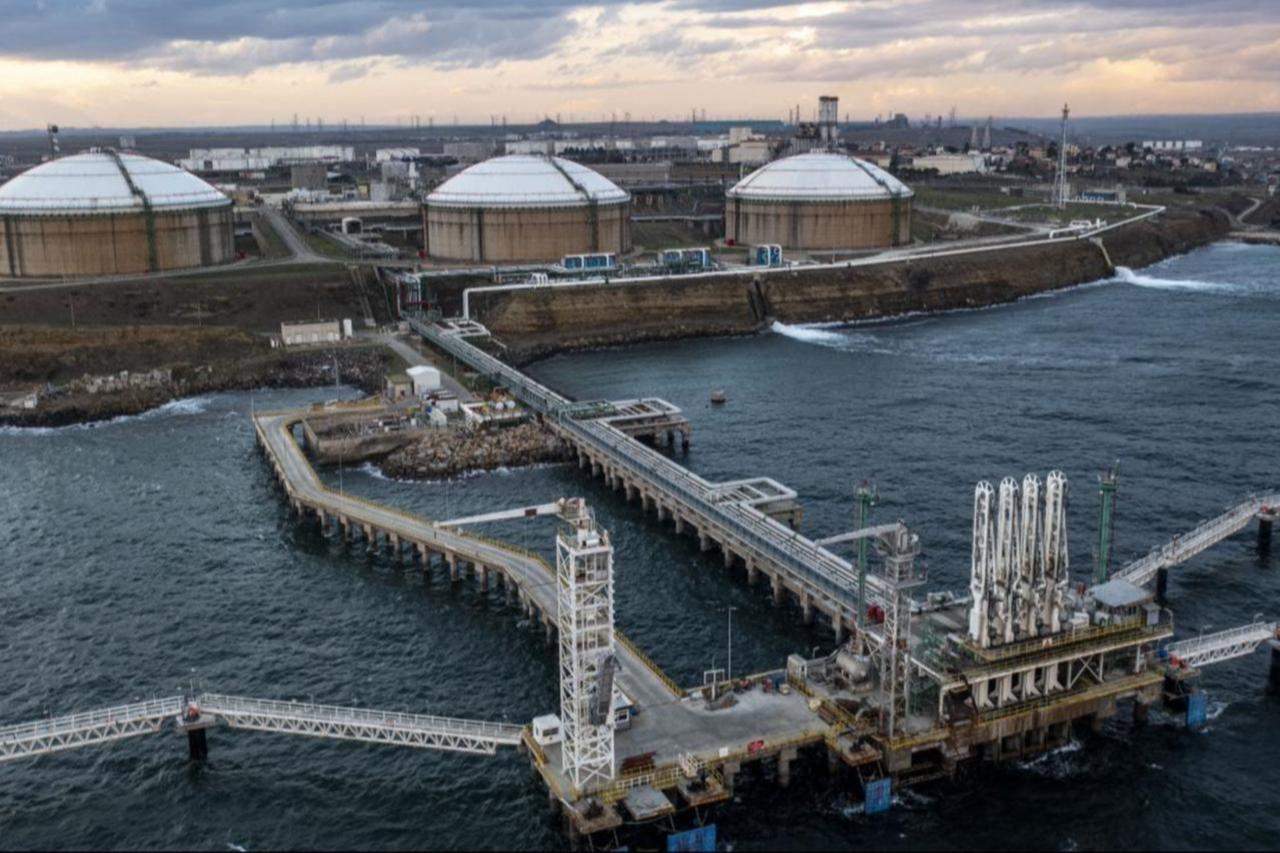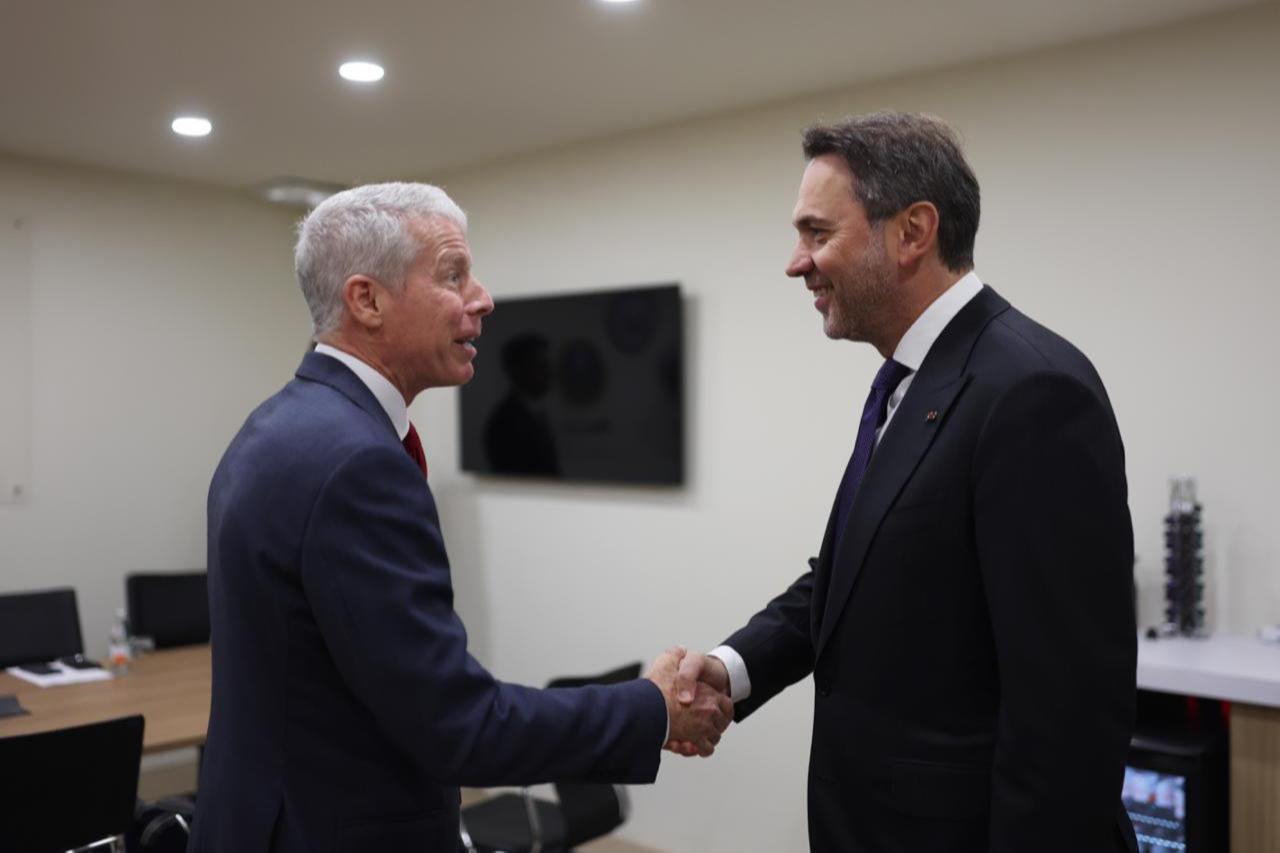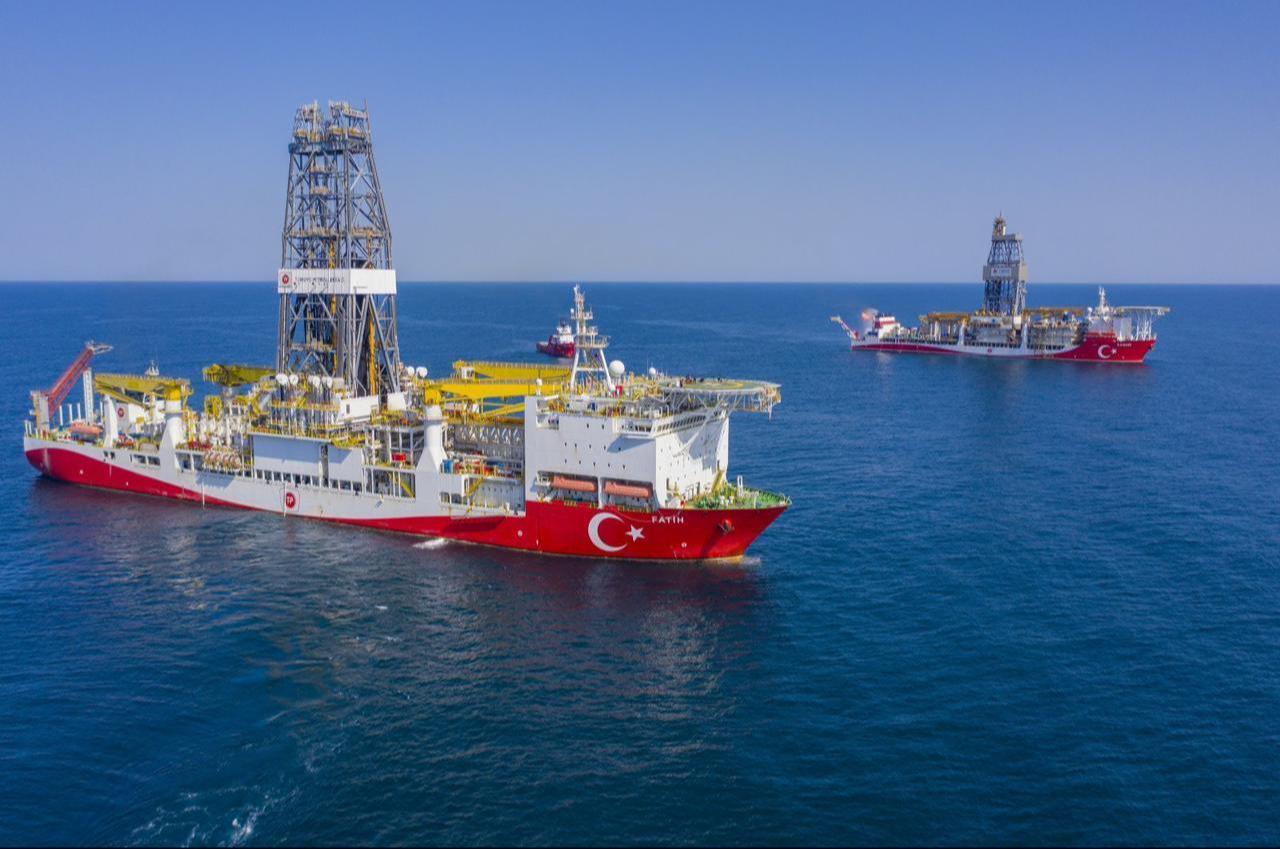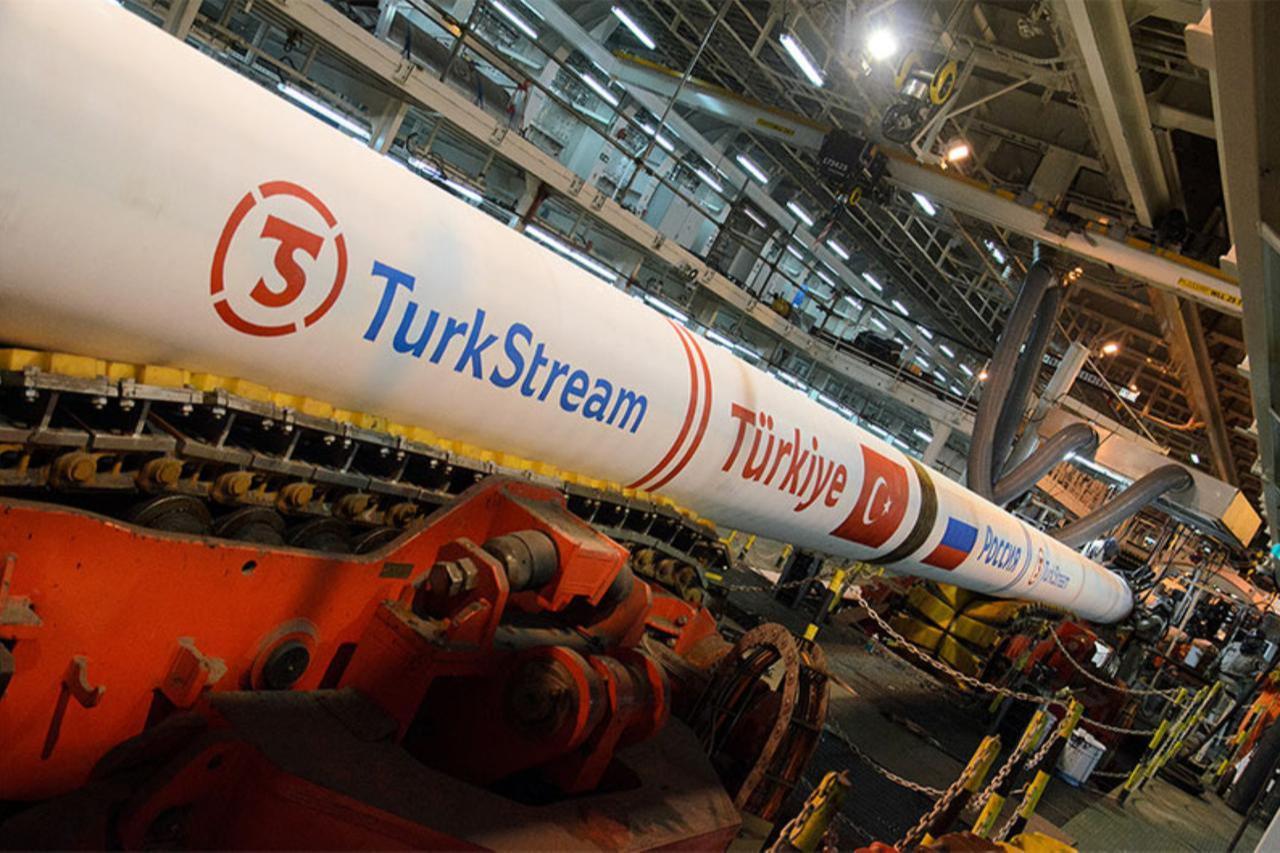
In the past two weeks, Türkiye has signed natural gas purchase agreements amounting to more than 30% of its annual demand.
The latest acquisitions, led by liquefied natural gas (LNG) contracts with U.S. suppliers and other transatlantic partners, signal a fundamental pivot in Ankara’s energy strategy.
As the pipeline deals with Russia and Iran, both of which are set to expire in 2025–26, the country is integrating into a transatlantic-centered Western framework.
Combined with output from the Black Sea’s Sakarya field, Azerbaijan's gas flows, and existing LNG contracts, Ankara is working to remove its dependency on Moscow and Tehran while potentially creating surplus capacity for export.
Against the backdrop of a possible negotiated settlement in the Russia-Ukraine war, Türkiye is seeking to seize the moment to redefine its energy and geopolitical posture.

Closer ties with Washington underpin Türkiye’s realignment. Energy and Natural Resources Minister Alparslan Bayraktar held his first meeting with newly appointed U.S. Energy Secretary Chris Wright, covering cooperation on oil and gas exploration, LNG trade, nuclear energy and critical minerals.
Bayraktar noted that these discussions aligned with the goals set by President Recep Tayyip Erdogan and U.S. President Donald Trump. Beyond government channels, Turkish officials also met with executives from Edison, ConocoPhillips, and Chevron, reflecting a broader push to deepen corporate engagement with American energy majors.

The Sakarya gas field, Türkiye’s largest energy discovery to date, remains at the core of this shift. Since 2021, it has been developed in phases by a consortium led by U.S., British, and Italian firms.
The project carries both strategic and symbolic weight, as it represents Türkiye’s shift away from pipeline dependency and toward cooperation with Western partners in high-tech offshore energy.
Earlier this month, Turkish Petroleum Offshore Technology Center (TP-OTC) signed an agreement with Italy’s Saipem to build a 183-kilometer (113.7-mile) deep-sea pipeline as part of Sakarya’s Phase 3.
The pipeline will connect offshore production to Türkiye’s onshore grid, securing the field’s role as a strategic supply source.
On the sidelines of the Gastech 2025 conference, Turkish state pipeline operator BOTAS finalized five new LNG contracts.
The agreements, totaling 5.7 billion cubic meters, were signed to secure future energy supply from a diverse group of international partners.
The deals include a two-year contract with the U.K.’s Hartree for 600 million cubic meters, a one-year agreement with the U.S. company Cheniere for 1.2 billion cubic meters, and a three-year deal with Germany's SEFE for 1.8 billion cubic meters.
The new portfolio also features a one-year contract with Japan's JERA for 600 million cubic meters and a three-year agreement with Norway's Equinor for 1.5 billion cubic meters.
Together with earlier contracts signed with BP, ENI, and Shell, Türkiye has now secured about 15 billion cubic meters of supply between 2026 and 2028.
LNG deliveries are expected to begin this winter, boosting Türkiye’s flexibility during peak consumption months.
Energy officials present these contracts as more than short-term supply solutions: they are framed as steps toward a multi-sourced, flexible, and market-oriented portfolio capable of supporting both domestic consumption and potential European exports.

Despite the rapid pivot, Türkiye remains tied to several legacy deals. The Blue Stream pipeline with Russia is set to expire in late 2025, while the Iran contract will lapse in mid-2026.
Yet Russian supplies via the West Line (TurkStream) and Azerbaijani volumes from Shah Deniz Phase II will continue.
Other regional sources—such as northern Iraq and Eastern Mediterranean fields—are unlikely to contribute in the short to medium term. For now, Türkiye’s diversification rests on LNG and Sakarya.
The sheer size of the recent contracts—14.4 billion cubic meters in just two weeks—has led to speculation that Ankara may be buying more than it needs for domestic use.
By comparison, Türkiye imported about 10 billion cubic meters from Iran in 2024.
Analysts suggest that the new acquisitions are not only about covering demand but also about positioning Türkiye as a supplier to European markets eager to reduce reliance on Russian gas. This marks a possible transformation of Türkiye’s role from consumer to trader.
"There's quite a lot of capacity available for sale. LNG prices are currently quite attractive," Erste Investment Oil and Gas Analyst Tamas Pletser said, adding that U.S. LNG provides Türkiye with a price advantage for both domestic consumption and re-export.
"I believe Türkiye will have more gas to sell to the EU. There's spare capacity on existing lines through Bulgaria and Romania. Central Europe's demand could increase, especially if the U.S. and European Union force Hungary and Slovakia to quickly disconnect from Russian gas. Listening to politicians' views, this scenario seems more likely," the analyst stated.
Türkiye’s energy strategy is unfolding against expectations of a potential negotiated end to the Russia-Ukraine war.
For Ankara, such an outcome would not only alter military security but also reshape cooperation frameworks in the Black Sea and Eastern Mediterranean.
Officials argue that while Türkiye cannot extract major gains from the East, it can build multiple bargaining tools with the West if the moment is seized well. Sakarya’s phased development—anchored in Western technology—along with new LNG inflows from the U.S. and Europe, bolsters Ankara’s hand in these shifting dynamics.
One overlooked component may come from the east. A report by the Union of Chambers and Commodity Exchanges of Türkiye (TOBB) highlights the possibility of Turkmen gas reaching Türkiye and Europe through Iran within the next five years.
Much of the gas currently imported via Iran already includes Turkmen volumes blended in transit.
A dedicated transit arrangement would formalize that flow, allowing Türkiye to become the gateway for Turkmen supplies to European markets. If realized, this could mark a significant step in Ankara’s broader strategy of reshaping regional energy routes.
Though the political outcomes of the invasion of Ukraine will be determinant, from what it seems now, Türkiye’s energy realignment is about more than numbers on a contract.
It reflects a deliberate strategy to loosen Moscow and Tehran’s grip, embed itself in the Western energy system, and open new avenues for commercial and geopolitical leverage.